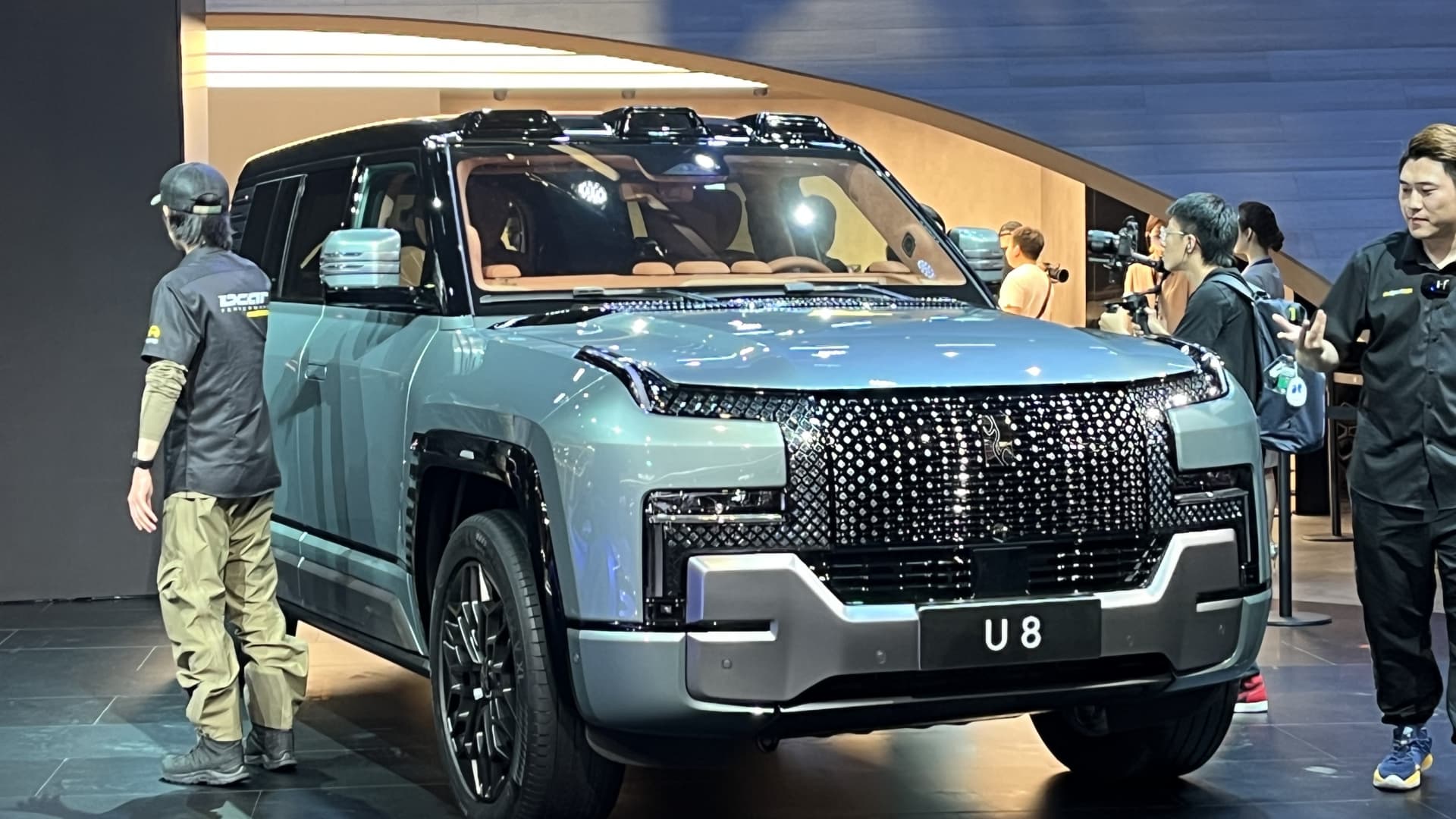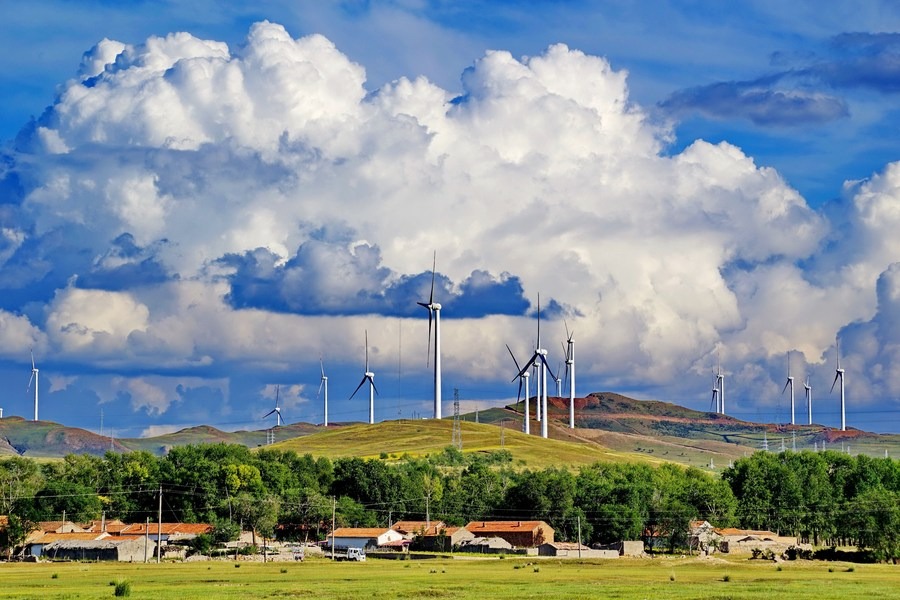In a historic shift, new energy vehicles (NEVs) have outsold traditional fuel-powered passenger cars in China for the first time, according to data from the China Passenger Car Association (CPCA) for July. NEVs, which include battery-only and hybrid vehicles, comprised 51% of new passenger car sales last month, marking a significant increase from a 36% share just one year ago.
Sales Surge Amid Economic Challenges
The shift highlights changing consumer preferences amid a backdrop of slowing economic growth and fierce competition within the NEV sector, which has sparked a price war among manufacturers. In July, overall auto sales in China fell by 2.8% to 1.72 million vehicles, while retail sales of NEVs surged nearly 37%, reaching 878,000 units.
The CPCA’s latest report also indicated that battery-only cars accounted for 28% of new passenger vehicle sales, surpassing hybrid models. However, companies like BYD and Li Auto have reported growing demand for hybrid vehicles, suggesting a complex market dynamic.
Government Support Fuels Growth
For over a decade, the Chinese government has actively supported the NEV industry through subsidies and favorable policies. The latest trade-in policy aims to further boost consumption, providing incentives specifically for buyers of new energy cars. Local governments are also implementing preferential measures, including unrestricted access to public roads for NEVs, while gasoline-powered vehicles face restrictions on road access during certain times.
U.S. Market Still Lagging
Despite the rapid growth in China, new energy vehicles have not gained the same traction in the U.S. market. According to Wards Intelligence, NEV penetration in the U.S. was 18% in the first quarter of 2024, a slight decrease from 18.8% in the previous quarter.
China’s burgeoning NEV market reflects a significant transformation in consumer behavior and government policy, paving the way for a more sustainable automotive future.
Source: cnbc.com





